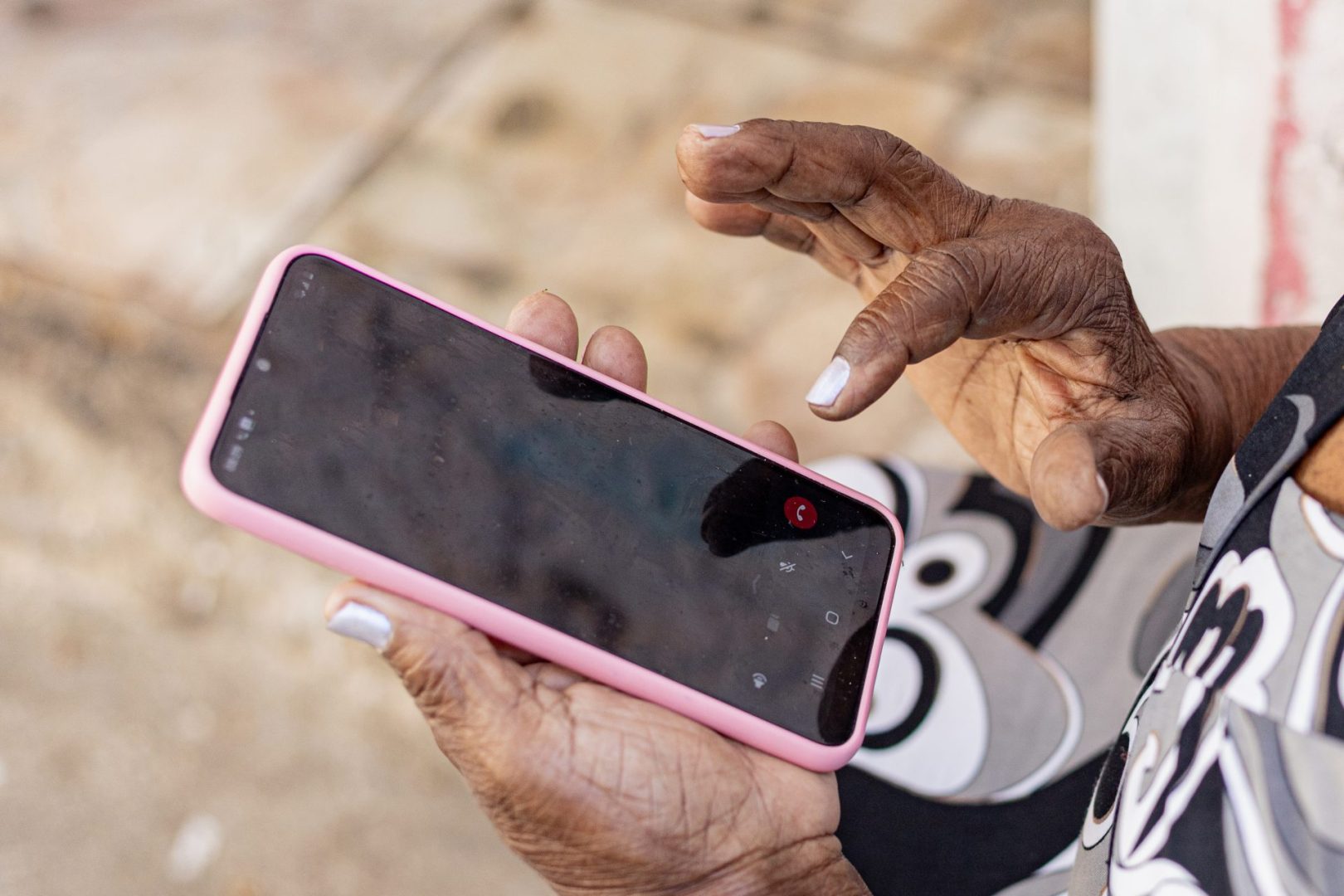An 81-year-old grandmother from Washington D.C. lost her life savings of $109,000 to a cunning man posing as a Social Security Administration agent in what she later learned was a phone scam. This alarming case underscores the growing threat of financial fraud targeting senior citizens, a demographic increasingly vulnerable to such scams.
The scam unfolds
Gladys Baxley, who lives in the northeast section of the nation’s capital, received a call from a man claiming that her personal information had been compromised in a bank fraud scheme. He urged her to act quickly to protect her accounts. Initially skeptical, Baxley asked the caller for proof of his identity. In response, he sent her an email containing a seemingly official certificate from the U.S. Supreme Court, which falsely claimed that she needed to safeguard her assets immediately.
Despite her initial doubts, the document instilled fear in Baxley, leading her to believe that her Social Security number was at risk of suspension. “I was getting these little thoughts that well, maybe, this isn’t legitimate,” she later reflected, acknowledging her mistakes in judgment.
Red flags ignored
Upon further investigation, it became evident that Baxley overlooked several warning signs. The certificate contained numerous grammatical errors and referenced a non-existent “Supreme Court House.” Additionally, the U.S. Supreme Court does not handle Social Security matters, which should have raised immediate suspicions.
Unfortunately, the scammer had already gained access to sensitive information about Baxley’s finances. He instructed her to consolidate her funds into a single account, leading to a series of transactions that drained her savings. Baxley transferred $36,000 to one company and $58,000 to another, followed by a cash shipment of $15,000, all under the guise of securing her money.
The aftermath
It wasn’t until her son, Benjamin, became aware of the situation that the full extent of the scam was revealed. He quickly recognized that his mother had been duped. “I said, ‘Mom … you were duped, you were scammed,’” he recounted. Benjamin also criticized Eagle Bank for not questioning the unusually large transactions, as his mother had never transferred such significant amounts before.
In response to the incident, Eagle Bank stated that they are working to recover the lost funds and emphasized their commitment to preventing elder fraud. However, they did not confirm whether Baxley would be reimbursed for her losses.
Growing trend of elder fraud
This case is part of a troubling trend, as the FBI reported that scams targeting individuals aged 60 and older resulted in over $3.4 billion in losses last year, marking an 11-percent increase from 2022. Baxley now faces the possibility of losing her home of 30 years due to her financial loss.
Baxley expressed regret for not trusting her instincts when she noticed the early warning signs. “I’m kicking myself to this day that I didn’t just hang up,” she lamented, adding that she would consult her son in similar situations in the future.
Protecting against scams
Experts advise that individuals should be wary of unsolicited contacts from government agencies, as they typically communicate via mail, not phone or email. Mark Fetterhoff from AARP’s Fraud Watch Network emphasized that legitimate agencies will never request unusual payment methods, such as gift cards or wire transfers.
To further protect themselves, seniors should:
- Be cautious of unsolicited calls or messages.
- Verify the identity of anyone requesting personal information.
- Consult trusted family members before making financial decisions.
- Report any suspicious activity to local authorities.
Sadly, many elderly individuals do not report scams due to feelings of shame or fear of losing their family’s trust. This silence only emboldens scammers, making it crucial for communities to raise awareness about the tactics used by fraudsters.











